They say it takes a community to raise a child- but what happens when children have to leave their communities for an education?
Tanisha Chikane left her home and family in North Caribou Lake First Nation, to attend Dennis Franklin Cromarty High School in Thunder Bay 500 km to the south.
She was only 14 years old at the time.
“That was hard,” she said. “I didn’t have anybody to look out for me for a while and I had to learn to look out for myself.”
Now, Tanisha is being celebrated for her accomplishments.
The valedictorian just graduated with 23 of her classmates.
The reality for many First Nations in northern Ontario means students have to leave their communities to attend high school.
Aaron Guthrie has been a teacher at DFC for nine years.
“They’re the ones who’ve made the sacrifice, who’ve said I want to graduate high school and I’m going to put my life on hold,” Guthrie said.
He said that also means saying goodbye to parents, siblings and sometimes their own children to move away.
High school can be a challenging time for any student and that’s no exception at DFC. Students often travel hundreds of kilometers by plane and road to get to Thunder Bay.
Visits home are limited to holidays.
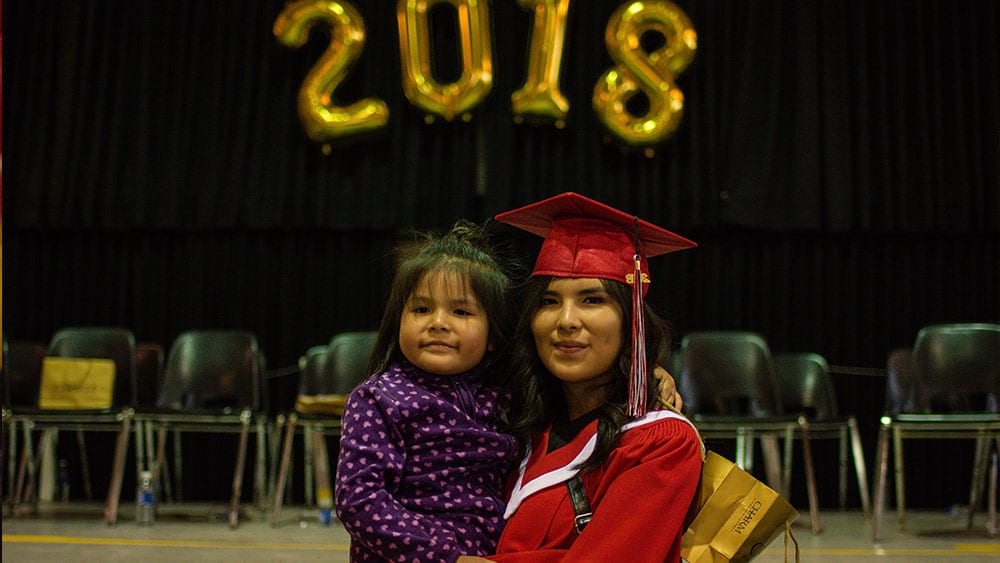
Tanisha became a mother at 15. She had to leave her daughter Baelee at home with family so she could finish high school.
“My mother wouldn’t let me drop out so, she wouldn’t sign the papers,” Tanisha said with a chuckle.
She said she focused on her assignments and gave it her all for one reason.
“My daughter. I figured since I’m out here I should do my best,” Tanisha said.
Guthrie said the students need a supportive community to succeed. At DFC, that means having staff who are committed and dedicated to student life outside of the classrooms.
“I tell people all the time I’m not just a teacher. I feel like I’m a part-time teacher, part-time social counselor, part-time friend, part-time parent, part-time coach like we play a lot of roles in our student’s lives,” Guthrie said.
Miguel Quequish, also from North Caribou Lake First Nation, faced his own challenges throughout high school.
Five years ago, his sister Cheyanne died by suicide.
“It was kinda hard the first two years,” Miguel said about her death.
“She was like a mom to me. She would always make sure I was well-fed, made sure I made it to school on time.”
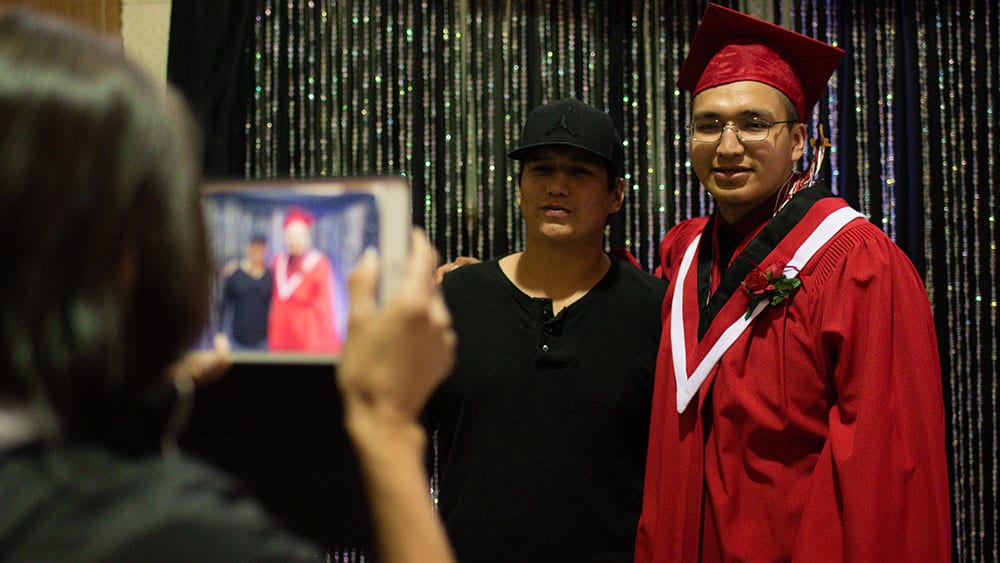
Then last October, his brother Trevor also died by suicide.
Miguel said he wanted to give up.
“It was hard to go back to school. I didn’t feel like going, I didn’t feel like coming out to DFC,” Miguel said through tears.
“But the staff and other fellow students helped me pull through and I would like to them for that.”
The needs of the students at DFC are diverse and unique but it’s also what brings them together as a community.
“We know the kids don’t have their parents with them here, we know that they might need an extra hand, we understand that the majority of our students are coming with some type of traumatic life experience in their back pocket,” Guthrie said.
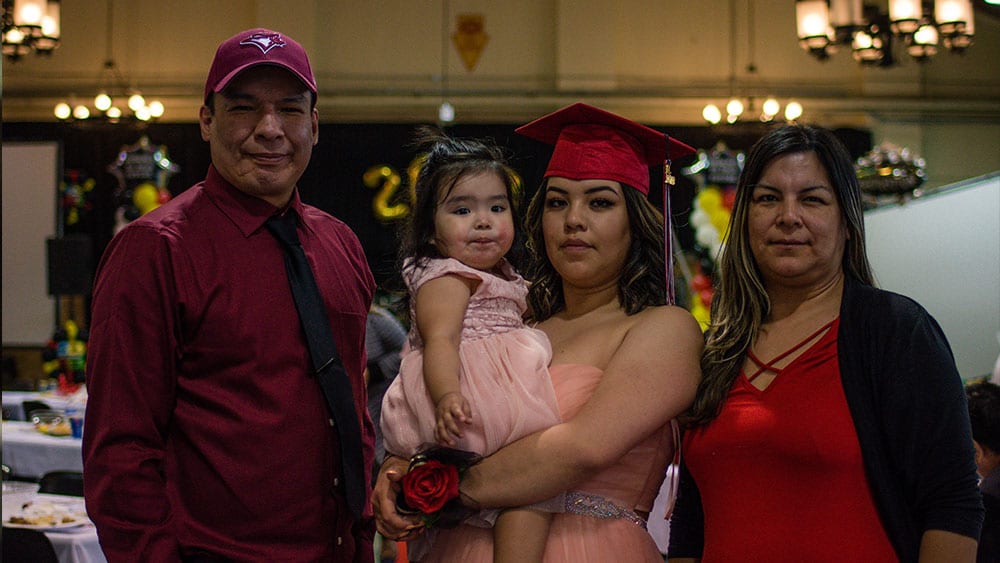
Destiny Fiddler became a young mother two years ago.
She came to DFC to graduate last year while her daughter Creelyn stayed home with her family in Sandy Lake First Nation, 600 km northwest of Thunder Bay.
She stayed connected to her daughter through FaceTime calls and short visits home.
“I kept telling myself and people kept telling me that I was doing it for my daughter and her future,” Destiny said.
The future is something Alaina Sakchekapo is excited about. When we first met her two years ago, she had already lived in seven different boarding homes.
“Because I didn’t have a stable boarding home, DFC was my stable place,” Alaina said at the graduation ceremony.
Alaina kept busy with sports, academics and extracurricular activities. She most recently traveled to Parliament Hill in Ottawa where the students met with political leaders to discuss their needs.
“It was very humbling and it really broadened my horizons of what I can do,” she said about her involvement at DFC.
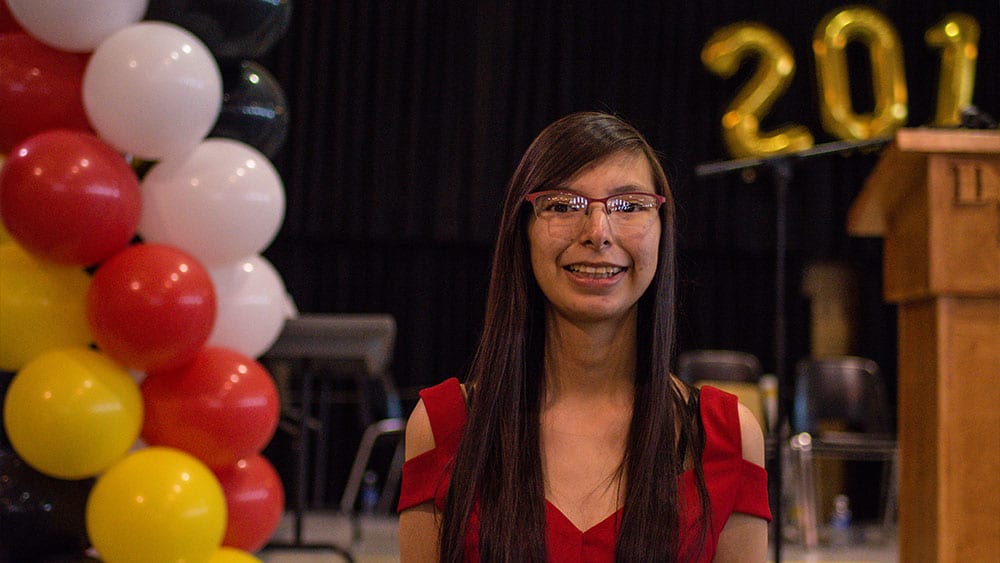
Alaina said she is planning to stay in Thunder Bay to work for the summer and wants to pursue university to become a teacher – she’s already found her own apartment with her sister.
“I’m adulting,” she said with excitement.
Miguel said he hopes his brother and sister are proud of him.
“They would always threaten me, better finish or else I’m going to break your Xbox or my sister would be like don’t come home until you get that diploma,” he said laughing.
Miguel said he doesn’t intend to quit now either, he plans to attend college in the fall.
Tanisha said she is also planning to go to college to pursue welding – a skill she picked up thanks the trades program at DFC.
While some students have their eyes set on college and university, Guthrie said that’s not always a priority for students.
“They’ve been away from home since they were 14 years old and they yearn to go back to live on the land,” he said about the importance of returning home.
“To reconnect with their parents and their siblings and their grandparents and you can’t blame them for that.”

In her valedictorian speech, Tanisha said it helped to be in a supportive environment with her peers.
“Being around everyone and being a First Nations person gives me such motivation to do the best I can, at all I do,” she said.
Both Destiny and Alaina said while they are sad to leave the school they are grateful for the experience.
“They make you feel like you’re family right away,” Destiny said, who plans to pursue nursing so she can work in northern communities.
Alaina said she is leaving with many great memories but one thing stands out for her.
“The people that have helped take care of me while I was out here,” she said.
But at the end of the day, it’s the students who deserve the diplomas they’ve worked hard for.
“If you don’t go after what you want, you’ll never have it,” Tanisha said.




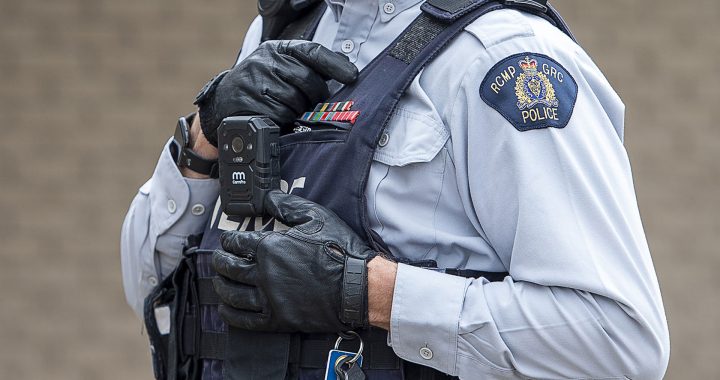
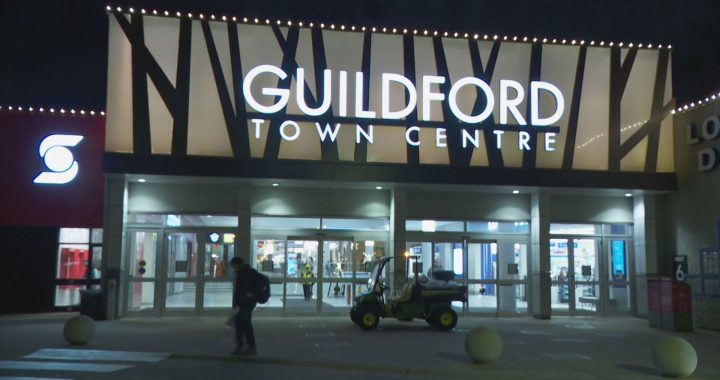
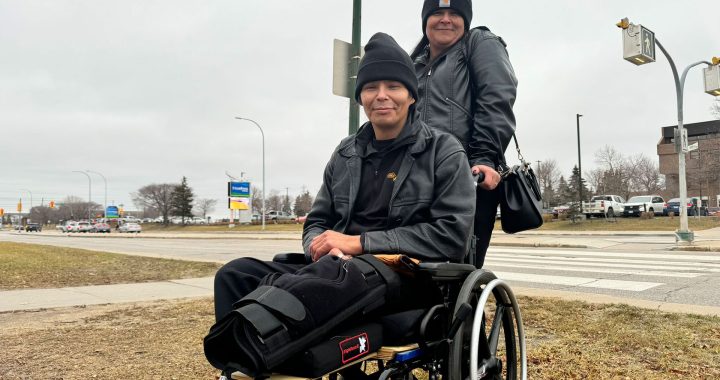
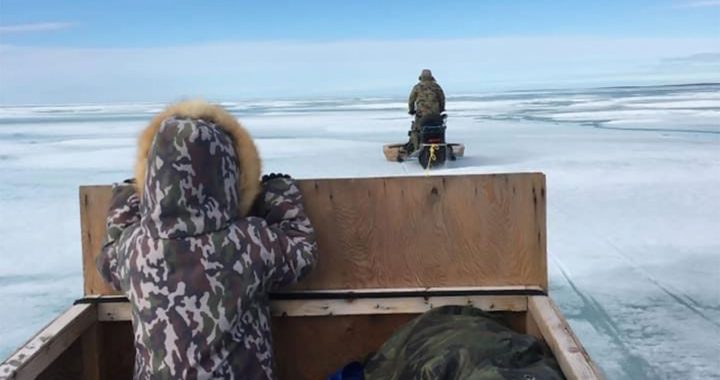
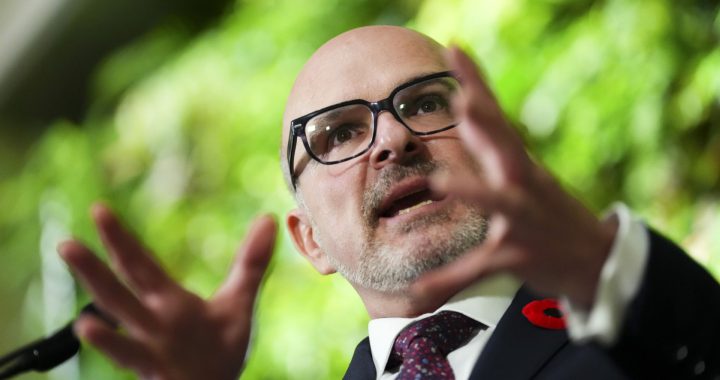
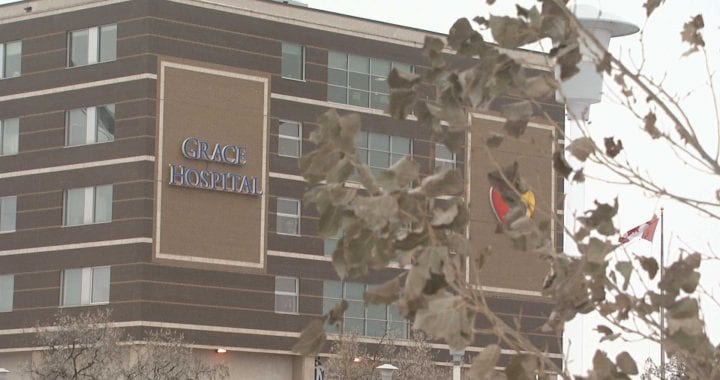
Wonderful! I wish them all the best in their bright futures.
Wonderful! I wish them all the best in their bright futures.
I commend all of you for your dedication and perseverance – Congratulations!
I commend all of you for your dedication and perseverance – Congratulations!